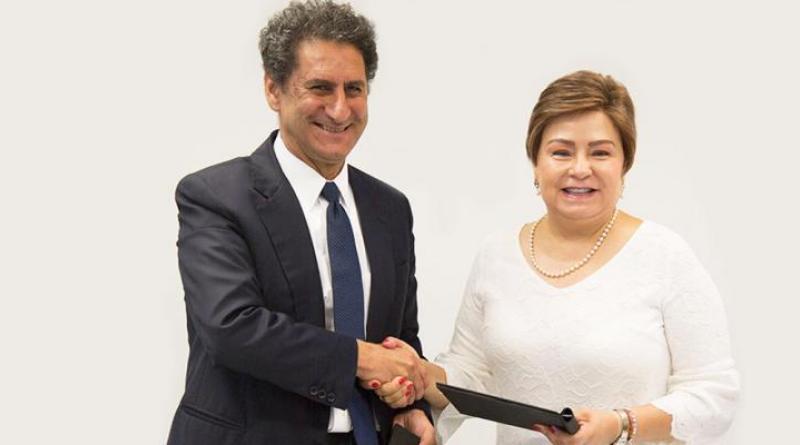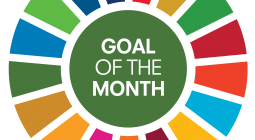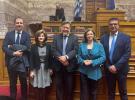IRENA and UN Climate Change Join Forces to Accelerate Renewables as Climate Solution.

Bonn, 1 August 2019 - The International Renewable Energy Agency (IRENA) and UN Climate Change (UNFCCC) are jointly ramping up efforts to fight climate change by promoting the widespread adoption and sustainable use of renewable energy.
The new strategic partnership builds on a long history of cooperation that aims to ensure a low-carbon climate-resilient world in line with the Sustainable Development Goals and the Paris Agreement.
In a Memorandum of Understanding signed today in Bonn between the heads of IRENA and UN Climate Change, the two organizations have agreed to step up the exchange of knowledge on the energy transition, collaborate more closely at expert meetings, increase capacity building to promote renewables and undertake joint outreach activities.
Patricia Espinosa, UNFCCC Executive Secretary, said: “The rapid transition to clean energy is crucial to meet the central goal of the Paris Climate Change Agreement, which is to hold the global average temperature rise to as close as possible to 1.5 degrees Celsius.
Time is running out – we are already seeing worsening climate change impacts around the world – including unprecedented heatwaves, floods and wildfires - and we need to grasp all opportunities to rapidly deploy clean, renewable energy at scale to prevent the worst climate scenarios form becoming a reality.”
IRENA Director-General Francesco La Camera added: “Falling technology costs have made solar, wind and other renewables the competitive backbone of energy decarbonization and, together with energy efficiency, the most effective climate action tool available.
Renewable energy delivers jobs, delivers on sustainable development and will deliver a viable climate solution. Renewables-based energy transition provides a clear opportunity to increase ambition in the reviewing process of the national climate commitments under the Paris Agreement. IRENA will fully support countries in realizing this opportunity on the way to COP25 in Chile this year and to COP26 in 2020.”
UN Climate Change and IRENA are already working together to promote renewable energy, notably at expert meetings and through publications.
At a practical level, the organisations have jointly provided capacity building on renewable energy through training sessions, for example to several African countries.
IRENA is also one of the biggest supporters of the UNFCCC’s Global Climate Action work, designed to mobilise climate-related activities of cities, regions, businesses and investors.
The new agreement is designed to build on this work, and to expand regional activities in the field of clean technology.
About the UNFCCC/ UN Climate Change
With 197 Parties, the United Nations Framework Convention on Climate Change (UNFCCC) has near universal membership and is the parent treaty of the 2015 Paris Climate Change Agreement. The main aim of the Paris Agreement is to keep a global average temperature rise this century well below 2 degrees Celsius and to drive efforts to limit the temperature increase even further to 1.5 degrees Celsius above pre-industrial levels. The UNFCCC is also the parent treaty of the 1997 Kyoto Protocol. The ultimate objective of all agreements under the UNFCCC is to stabilize greenhouse gas concentrations in the atmosphere at a level that will prevent dangerous human interference with the climate system, in a time frame which allows ecosystems to adapt naturally and enables sustainable development.
UNFCCC Press office: press(at)unfccc.int
About the International Renewable Energy Agency (IRENA)
IRENA is the global intergovernmental organisation that supports countries in their transition to a sustainable energy future, and serves as the principal platform for international co-operation, a centre of excellence, and a repository of policy, technology, resource and financial knowledge on renewable energy. With 160 Members (159 States and the European Union) and 23 additional countries in the accession process and actively engaged, IRENA promotes the widespread adoption and sustainable use of all forms of renewable energy including bioenergy, geothermal, hydropower, ocean, solar and wind energy, in the pursuit of sustainable development, energy access, energy security and low-carbon economic growth and prosperity.
1 August 2019
UNITED NATIONS





